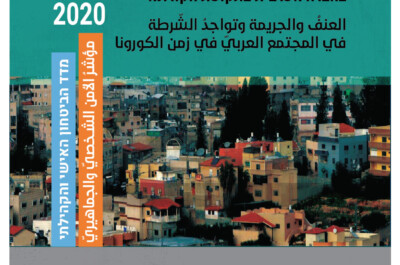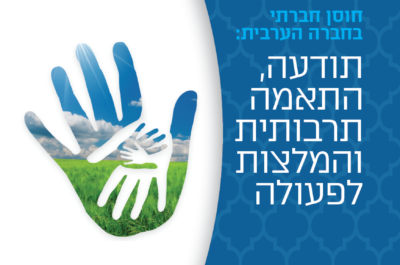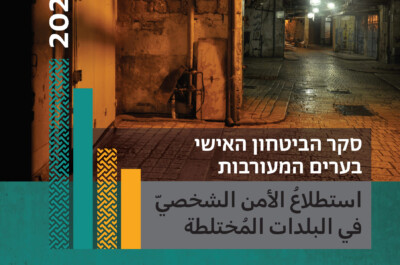 / Academia & Society / Equality
/ Academia & Society / Equality


Since the establishment of the modern state, higher education has been regarded as the key to raising the professional and social status of minority groups. Academic education provides personal and group prestige and promotes social and economic mobility. Studies indicate that higher education bridges the gap between mainstream and minorities. People with higher education have high expectations for themselves, including the right to equal employment opportunities and integration. It can be said that higher education bridges the gaps between the majority and minority in various arenas. It effectively empowers minority groups, providing enhanced opportunities for those who pursue academic studies. This avenue not only amplifies their prospects but also positions them favorably to gain political support, aiming to improve the economic, educational, and political circumstances of the minority. Since the early 1990s, higher education in Israel has undergone significant changes, with political and public pressure to expand access to education and make it accessible to the periphery and disadvantaged populations (Arabs, Mizrahi, Haredim, and women). This accessibility has led to a significant increase in the representation of these groups in institutions of higher education Nevertheless, whether this increase in representation has instigated substantial shifts in Israel’s societal fabric remains an open question. In this field, emphasis will be placed on the changes in the representation of ethnic, national, and religious minority groups in the higher education system, and the changes they have brought about in promoting freedom, equality, and solidarity.
Nohad 'Ali, Ola Najami Yousef,, Yonatan Arie
Nohad 'Ali, Ruth Lewin-Chen, Ola Najami Yousef
Nohad 'Ali, Ruth Lewin-Chen

This survey examined attitudes, perceptions, and experiences regarding studying in multicultural academic institutions among Jewish

A survey of personal and community security was conducted in the city of Umm al-Fahm

Link to the full Report Following are the main results from the survey as specified

The preoccupation with resilience and emergency preparedness is currently in a central place in the

Link to the full Report The Survey of Personal Security in Arab Society in the